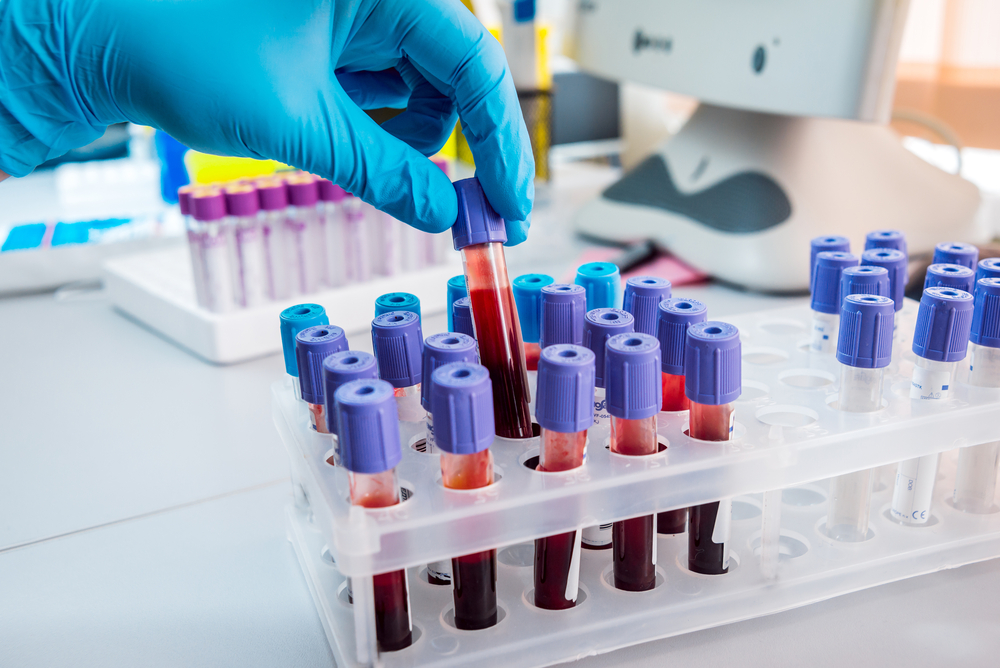Diagnostic Blood Test May Be Able to Distinguish Between RRMS and PPMS, Researchers Say
Written by |

In the future, a blood test may make diagnosing multiple sclerosis (MS) much easier, thanks to newly identified biomarker patterns that distinguish between MS patients and healthy people.
The test could also correctly detect primary progressive MS (PPMS) in patients who also had relapsing-remitting disease (RRMS).
Australian researchers suggest that their test — if validated in future prospective studies — could also be used to predict the disease subtype from the outset, or potentially spot the transformation from relapsing to progressive disease earlier than current clinical tests.
This could be particularly important since the emergence of newer-generation treatments — which address axon and brain volume loss — may allow treatment choices that potentially slow disease progression, the research team said.
Their study, “Exosomal microRNA signatures in multiple sclerosis reflect disease status,” appeared in the journal Scientific Reports. It focused on analyzing the microRNA content of so-called exosomes — tiny packages that virtually all cells release as a means of rapid communication. Inflammatory diseases like MS involve a significant increase in exosome levels.
Exosomes — packed with RNA, DNA, and proteins — enter the bloodstream, and when they are released from cells within the brain, which allows researchers to study their content.
“Exosomes are released by brain cells circulating in the blood, so they offer an easily accessible way to monitor diseases of the brain,” Michael Buckland, head of the neuropathology department at Sydney’s Royal Prince Alfred Hospital, and the study’s senior author, said in a press release. “We are only now starting to wake up to their enormous potential as clinical tests.”
In recent years, scientists have increasingly focused on the ability of microRNAs — short stretches of RNA — to act as disease markers. By analyzing the microRNA content of exosomes isolated from 25 MS patients and 11 healthy controls, the team found that MS patients had a different setup of microRNAs than healthy people.
They also noted that patients with PPMS differed from those with RRMS in their microRNA signature — a finding they could confirm in a separate group of 11 progressive MS patients.
“This is the first demonstration that micro-RNAs associated with circulating exosomes in blood are informative biomarkers not only for the diagnosis of MS, but in predicting disease subtypes with a high degree of accuracy,” said Buckland, who is also an associate professor at the Brain and Mind Centre of the University of Sydney.
Added Matthew Miles, CEO of MS Research Australia, which funded the project: “This blood test may allow people with MS to begin treatment earlier, and identify the most appropriate treatment for their condition. This, in turn, may lead to fewer relapses and a slower loss of brain volume, resulting in slowing or potentially halting progression of the disease for the person living with MS. It will also help remove the uncertainty surrounding which subtype of the disease an individual has and therefore be a catalyst for better outcomes for all people with MS.”
Buckland and his team also underscored this fact, stating that an early diagnosis — potentially made easier with the blood test — may have major therapeutic and economic implications, particularly with the development of highly effective treatments that also target brain volume loss. But they stressed that to verify that the test is really accurate, larger prospective studies are now needed.


